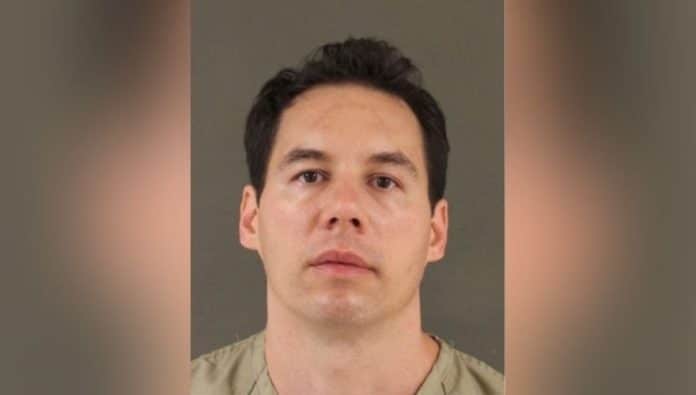William Husel stood accused of administering lethal doses of fentanyl to patients without their informed consent, prematurely ending the lives of 14 patients, and was suspected to have administered lethal doses to as many as 20 others.
The defense never attempted to argue that Husel ordered the administration of inordinately high doses of fentanyl to patients. Instead, his attorney stated that these men and women were nearing the end of their lives and Husel was providing comfort care.
Jose Baez, the defense attorney representing Husel, redirected the jury to what he claimed were Husel’s intentions. Husel, according to Baez, did not commit murder but rather prescribed large doses of fentanyl in order to relieve patients of a painful and prolonged death.
Prematurely ending the life of a terminal patient is illegal in Ohio and, where typically a doctor might administer 50 to 100 micrograms of fentanyl, Husel administered 600 to 2,000 micrograms. Most of the patients who expired under his care were in their twilight years, but some were in their 30s.
The defense called upon expert witnesses who declared the doses were “mind-boggling and astounding.” And, after calling 53 witnesses to the stand, one of whom asserted that Husel was the only doctor at Mount Carmel West to administer doses of fentanyl above 500 micrograms of fentanyl, the prosecution rested their case.
Ultimately, the efforts of the prosecution failed. Baez countered their arguments by explaining to the jury that there were no legal limits or hospital policies that barred Husel from administering any dose of fentanyl, no matter how high.
After deliberating on the verdict from April 8 to April 20, the jury decided to acquit Husel of all charges. Presumably, they came to the determination that the letter of the law does not provide a means to convict him of murder. Baez was correct, after all, that despite the universally known dangers of fentanyl, there is no legal definition of a lethal amount of fentanyl and no standard dosage ceiling for its administration either. Proving intent under the circumstances was a hurdle too high for the prosecution.
But this was not Husel’s first run-in with the law either. While attending college at Wheeling Jesuit, he built and detonated a pipe bomb inside of a trash can near one of the campus facilities. He then planted evidence in another student’s car but was ultimately caught. He was charged with malicious damage by means of an explosive device, possession of an unregistered explosive device, and unlawful making of an explosive device. He received a 6-month sentence and was somehow able to attend medical school thereafter.
But, how confident was Husel’s attorney in the defense he provided? Well, one early discussion would indicate Baez had his doubts.
That moment took place early on in the proceedings when the defense and prosecution announced that they were discussing a potential plea deal. Baez stated quite plainly that he thought it was a fair offer from the prosecution, calling it “an extremely reasonable starting point.” If he had accepted the deal, Husel would have been charged with reckless manslaughter for each patient and received a minimum of 30 years in prison.
As for his former peers in the medical community, many have been outspoken and opposed to the verdict:
The intensivist on that night wanted to leave right when their shift ended at midnight. They got pissed the patient was taking too long to die and tried to demand in front of the family that I open the pain pump and push the entire syringe. I refused. They made an ass out of themselves. I took them into the hall and told them under no circumstances would I do what they were asking and they were welcome to call in management if they had a problem with it. They stormed off and I reported the interaction the next day. That intensivist did not last long at that institution.
I would just like to add that this whole situation detailed above is something that has haunted me for many years. I always wondered if there were others who didn’t refuse given the hostility directed at me that night. I also felt sick that the family had that as their last experience surrounding their loved one. The memories became even more haunting when this story broke.
An anesthesiologist commenting on Reddit explained that “giving 40 cc of fentanyl to a patient can actually cause their chest muscles to stiffen causing even more anxiety prior to their death.”
A registered nurse chimed in as well asserting “the whole thing is outside the boundaries of anything remotely consistent with good patient care or good medicine.”
Perhaps the most startling revelation gleaned from those with insight came from user Trahnse a registered nurse with a bachelor of science in Nursing. Their post evokes a deeply concerning possibility that the sort of behavior exhibited by Husel might not be so rare after all:
I was orienting to a new floor and we had a comfort cares patient that was on a morphine drip with orders to “double dose q1 hour until patient expires.” My preceptor and I felt that was a sketchy order. Bordering on euthanasia and we refused to do it. We had the doctor rewrite the order to “titrate for comfort” or something like that with clear reasons to increase the dose.



